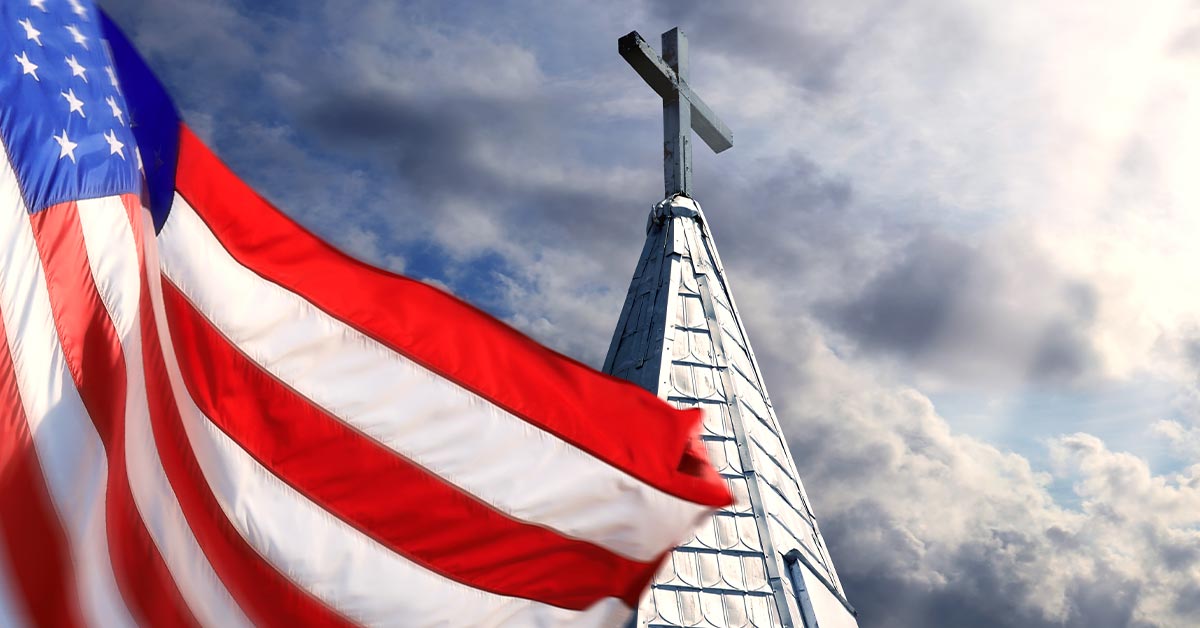Everything else being equal, the more religious the individual in the U.S. today, the higher the probability that the individual identifies with or leans toward the Republican party. I called this the “R and R rule” in my 2012 book on religion, found the phenomenon alive and well in my 2014 review of Gallup data, and now, nine years later, Gallup’s data confirm that this religiosity gap is more evident than ever.
Americans’ political identity is a powerful correlate of a wide range of Americans’ attitudes and behaviors, including, in particular, a wide range of attitudes about hot-button political and social issues. And we know that political identity is related to views of the national economy, views of the nation’s institutions, happiness, perceptions of the nation’s most important problems, and a variety of other measures. It is thus not surprising that political identity would also be related to religion.
…



Do remember that there was a lot of sympathy for fascism in America, but the fascists never got in charge, not even when it looked like Germany might get the upper hand in the early days of the war, despite the 1940 election.
Fascist were in charge in Italy in the early 1920s through the early 1940s, mostly driven by ultranationalism. Seems very much like something we see on the Republican side of the aisle in the US today.
I understand that. I’m just saying there’s hope. America has been here before and the fascists didn’t win.
deleted by creator
deleted by creator
deleted by creator